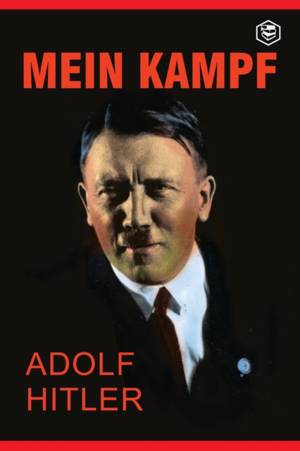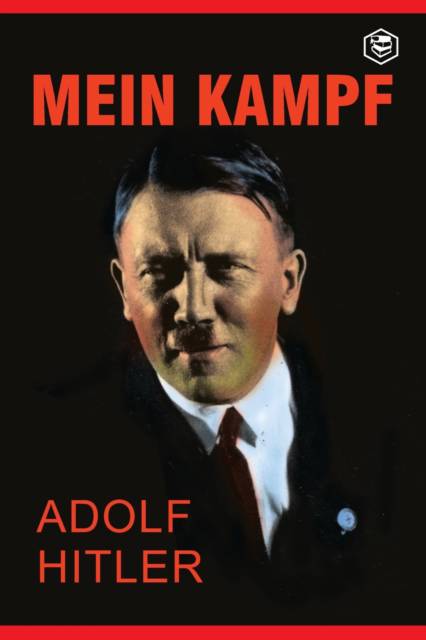
- Afhalen na 1 uur in een winkel met voorraad
- Gratis thuislevering in België vanaf € 30
- Ruim aanbod met 7 miljoen producten
- Afhalen na 1 uur in een winkel met voorraad
- Gratis thuislevering in België vanaf € 30
- Ruim aanbod met 7 miljoen producten
Zoeken
Omschrijving
Mein Kampf, which means 'my struggle' in German, is a political manifesto written by German dictator Adolf Hitler. It gives insight into his racist ideology distinguishing Aryans as the ""genius"" race and Jews as ""parasites"". Hitler began Mein Kampf while imprisoned for his failed Putsch in Munich in November 1923 and a trial in February 1924 for high treason, where he devoted himself entirely to the book. When Mein Kampf was first released in 1925 it sold poorly. People had been hoping for a sensational autobiography or a behind-the-scenes story of the Beer Hall Putsch. What they got were hundreds of pages of long, hard-to-follow sentences and digressing paragraphs written by a self-educated man. However, after Hitler became the Chancellor of Germany, millions of copies were quickly sold. It was regarded as essential to own a copy. The book was, in fact, given as gifts to newlyweds, high school graduates, and on any celebrated occasion. Although it made him rich, Hitler would later express regret that he produced Mein Kampf, considering the extent of its revelations; the revelations concerning the nature of his character and his blueprint for Germany's future that served as a warning to the world. A warning that was mostly ignored.
Specificaties
Betrokkenen
- Auteur(s):
- Uitgeverij:
Inhoud
- Aantal bladzijden:
- 768
- Taal:
- Engels
Eigenschappen
- Productcode (EAN):
- 9789390575800
- Verschijningsdatum:
- 20/02/2021
- Uitvoering:
- Paperback
- Formaat:
- Trade paperback (VS)
- Afmetingen:
- 152 mm x 229 mm
- Gewicht:
- 1106 g

Alleen bij Standaard Boekhandel
+ 132 punten op je klantenkaart van Standaard Boekhandel
Beoordelingen
We publiceren alleen reviews die voldoen aan de voorwaarden voor reviews. Bekijk onze voorwaarden voor reviews.











